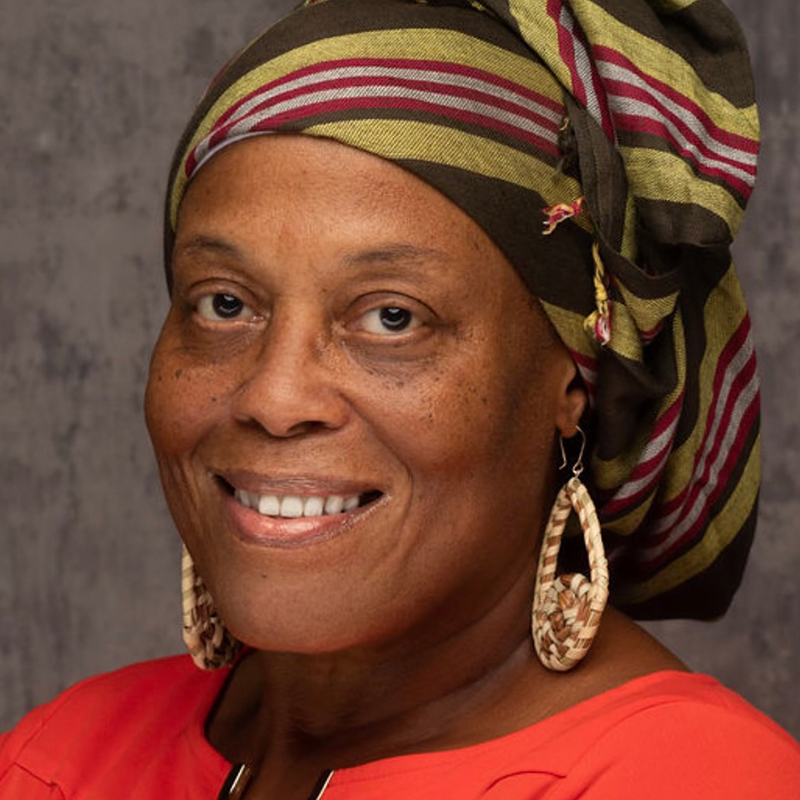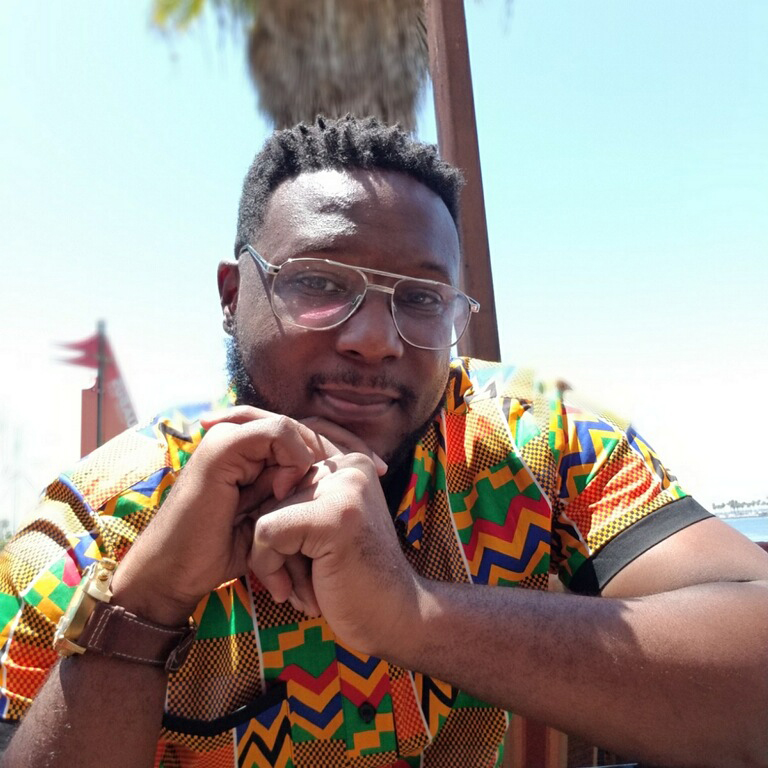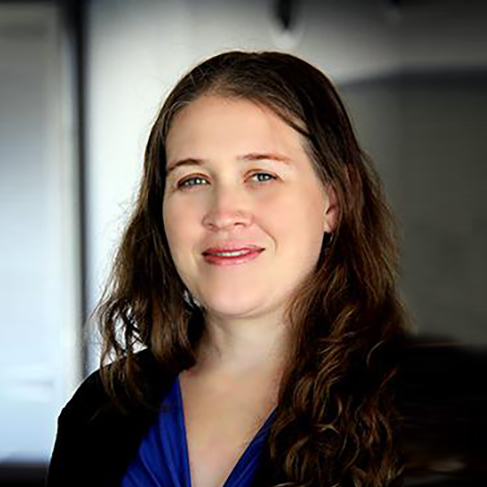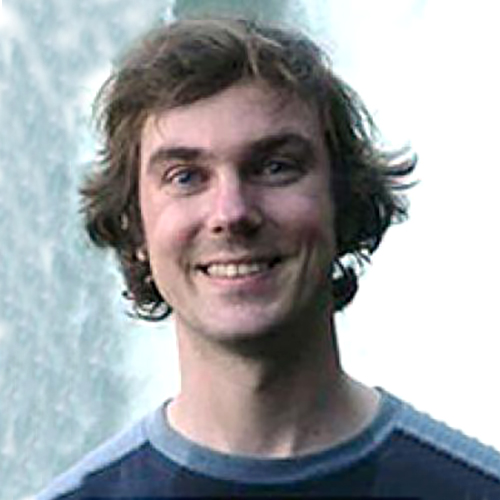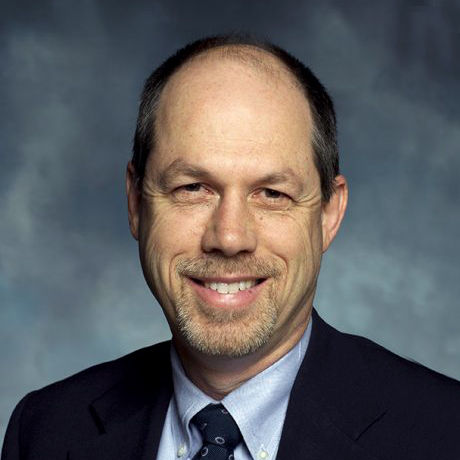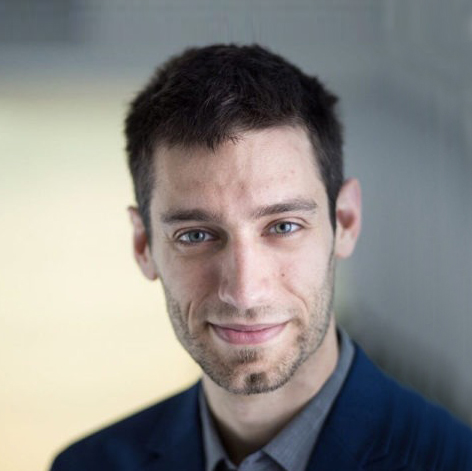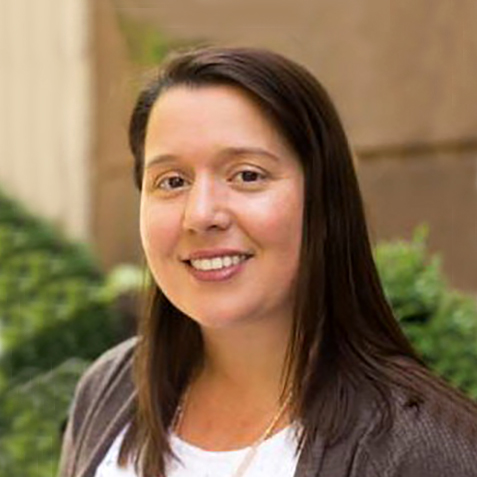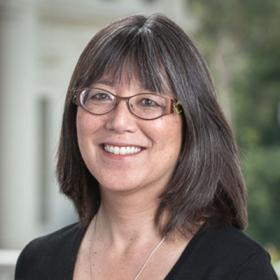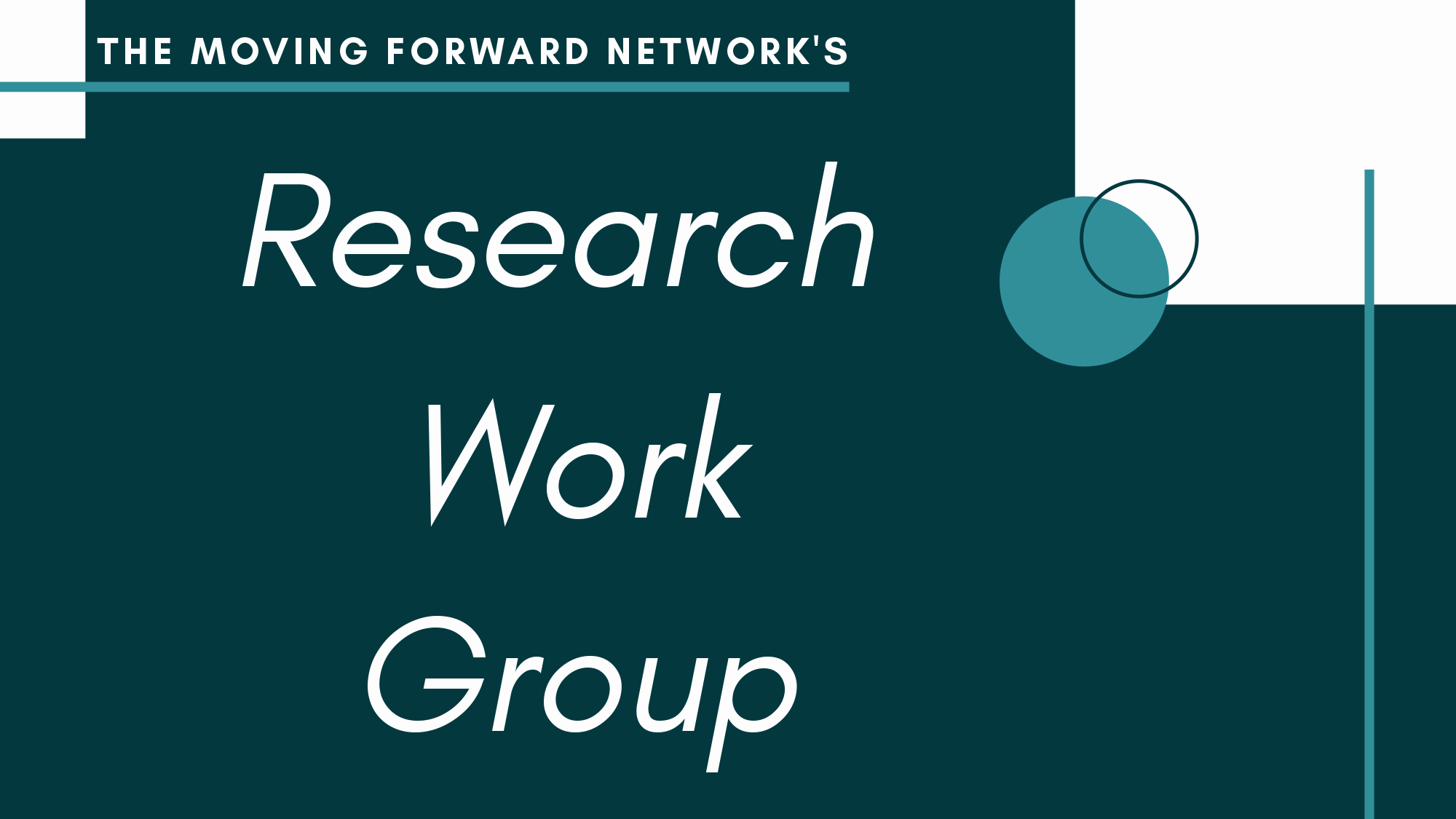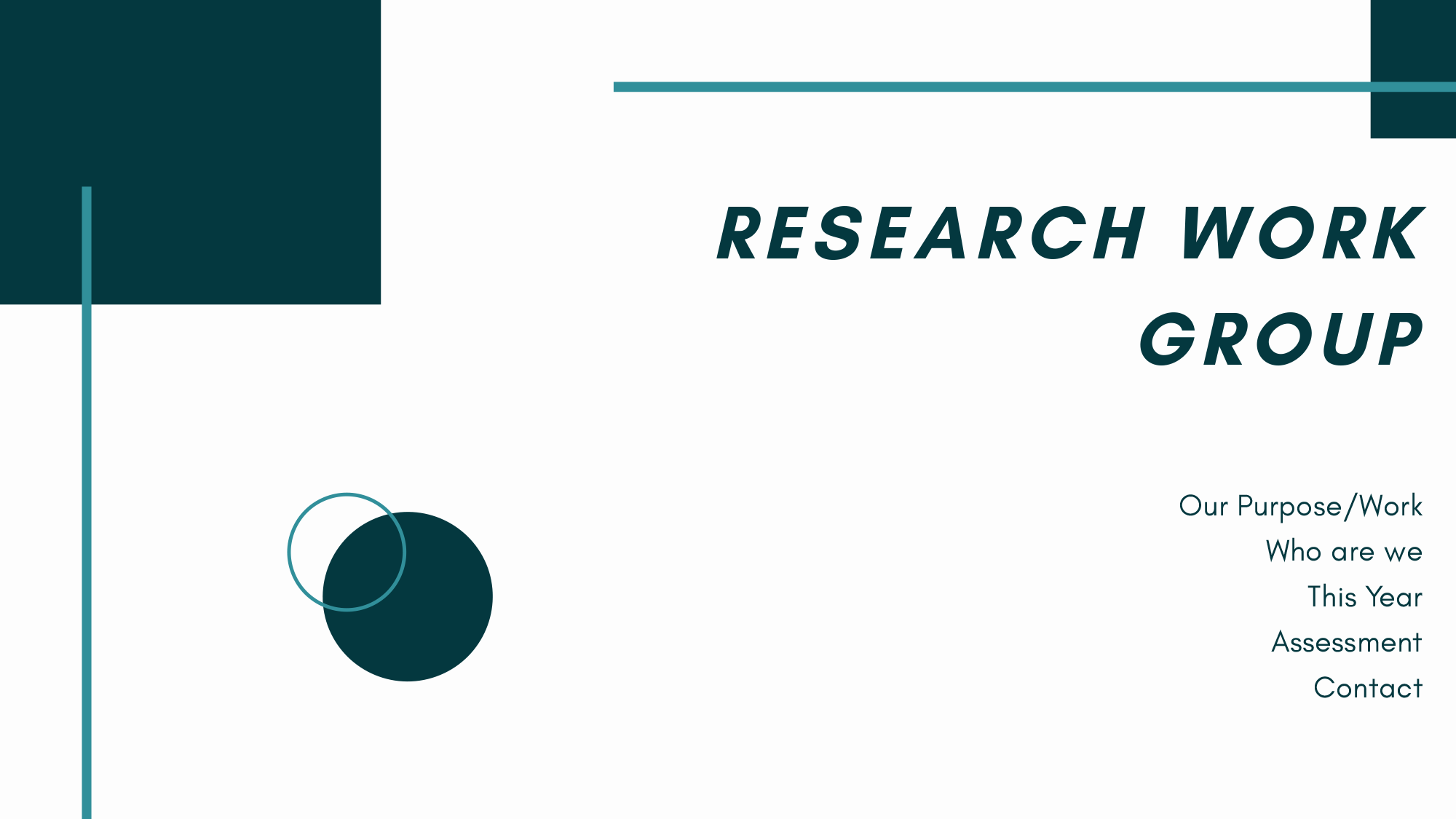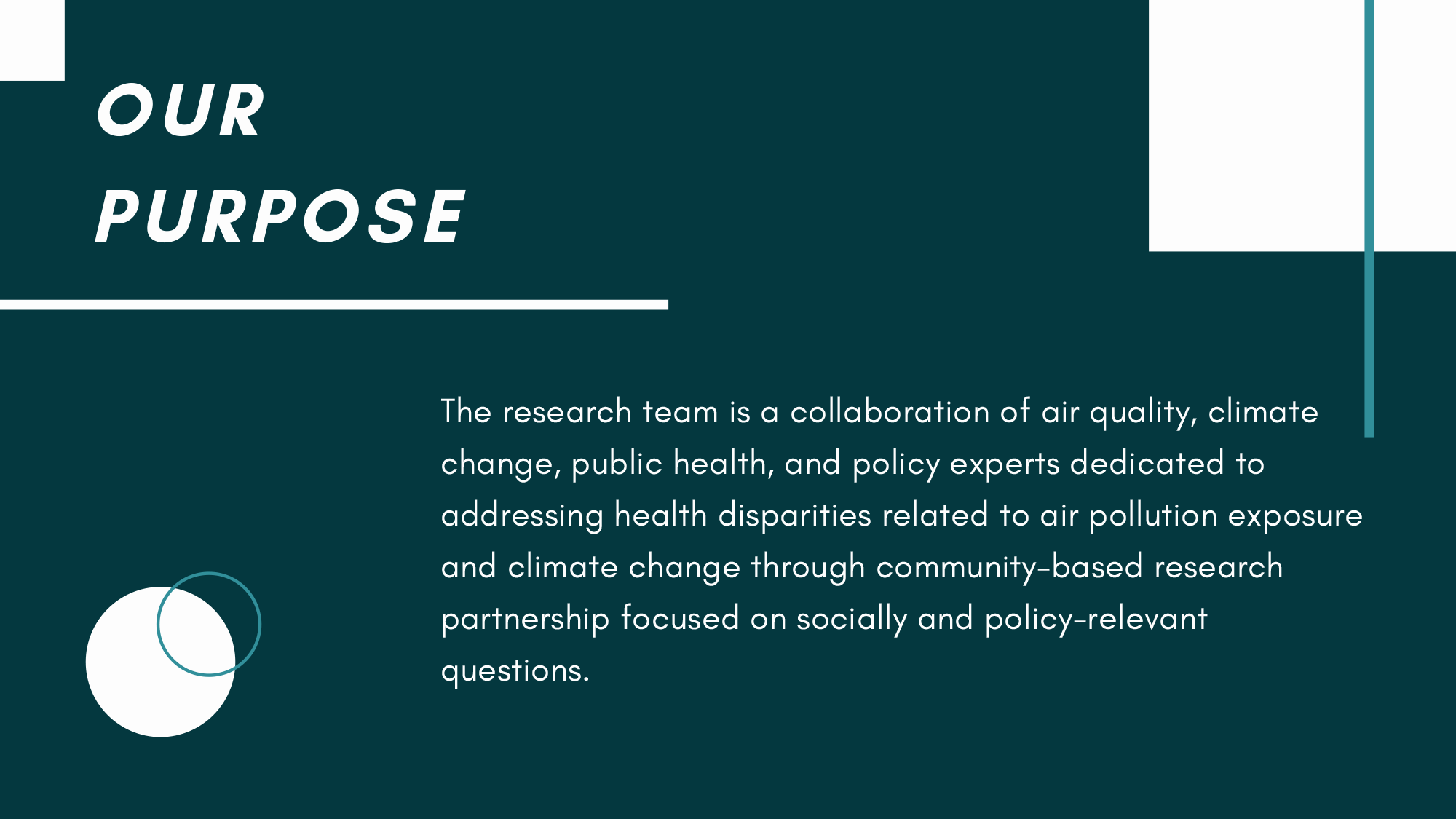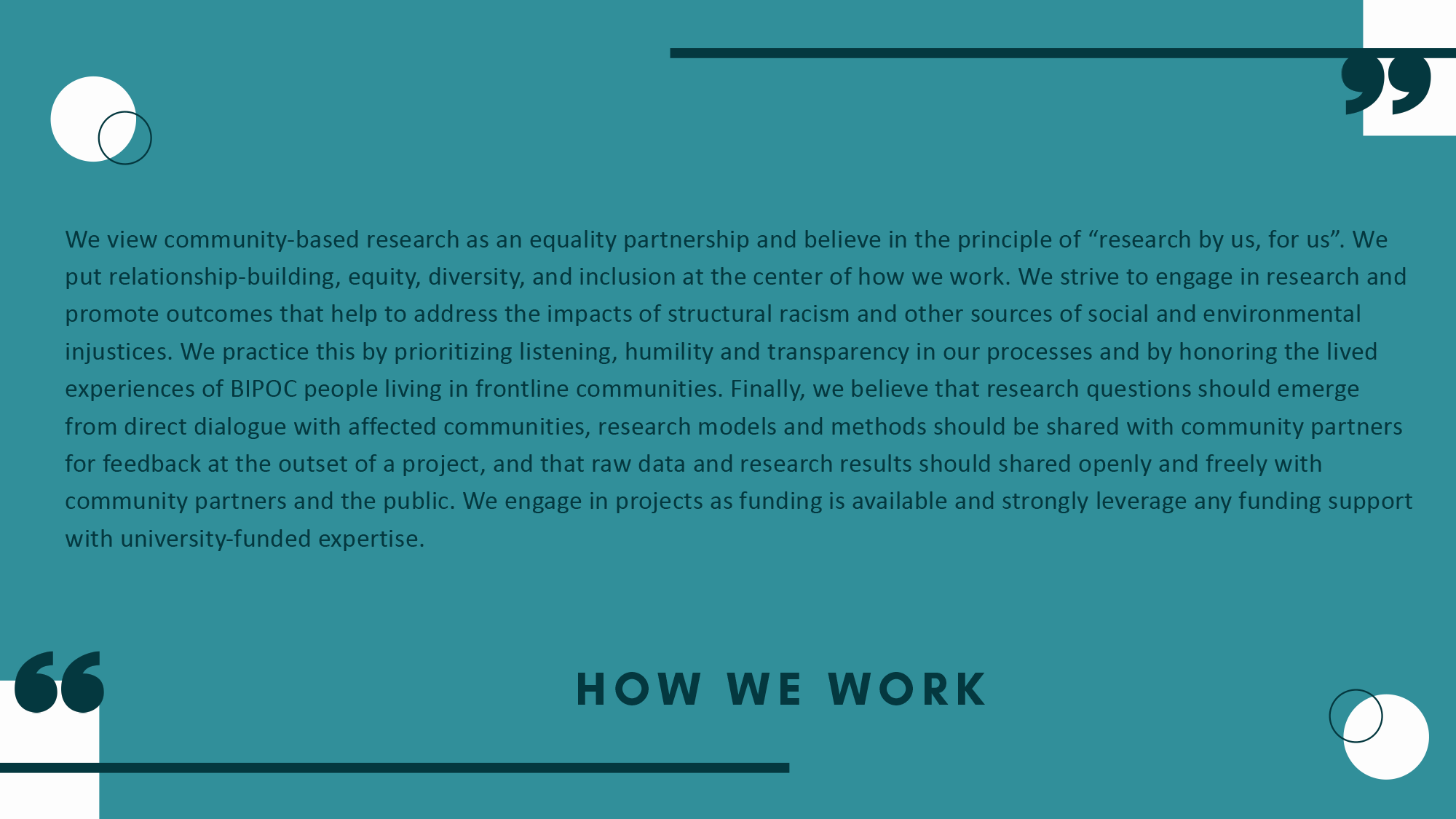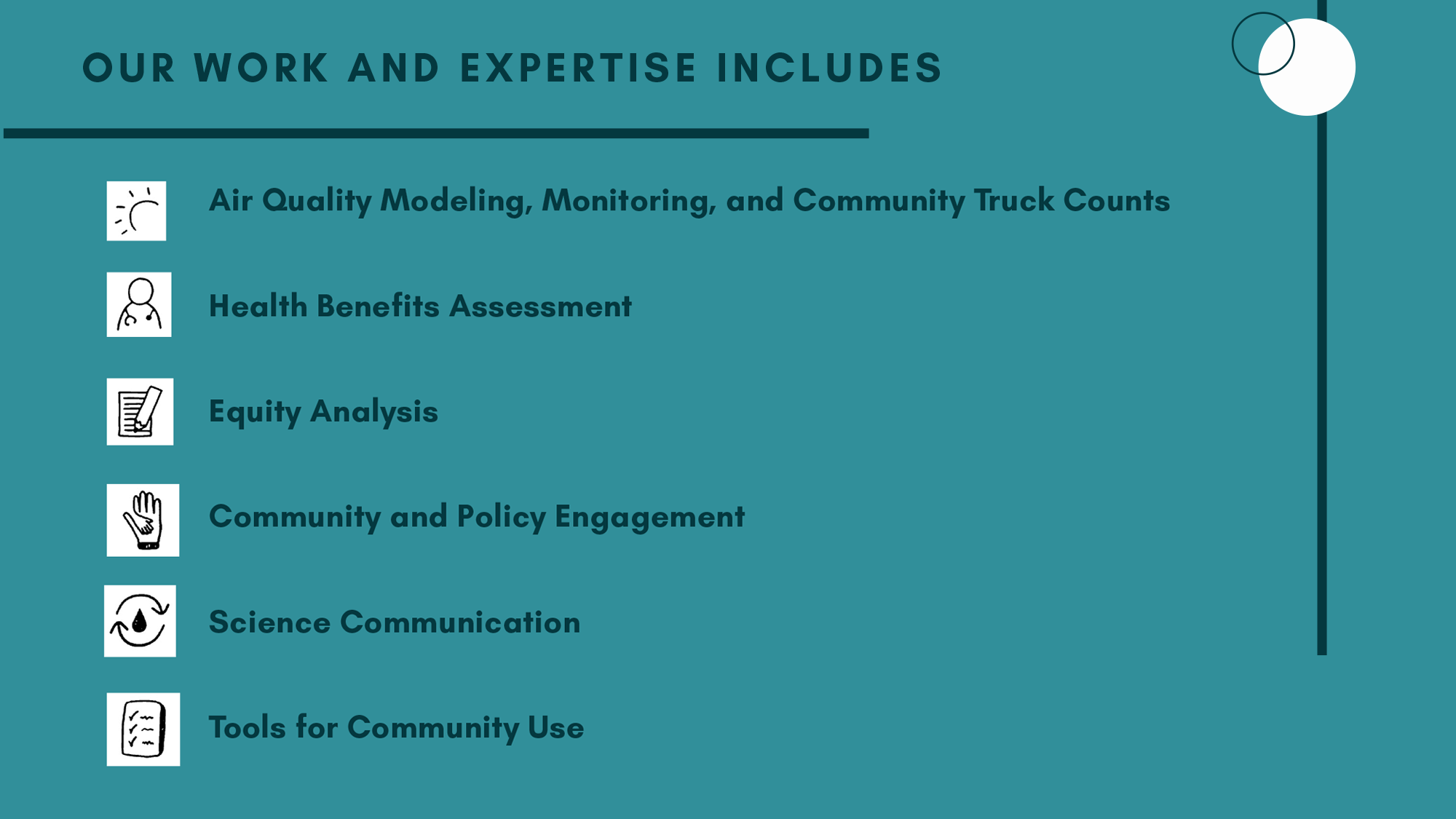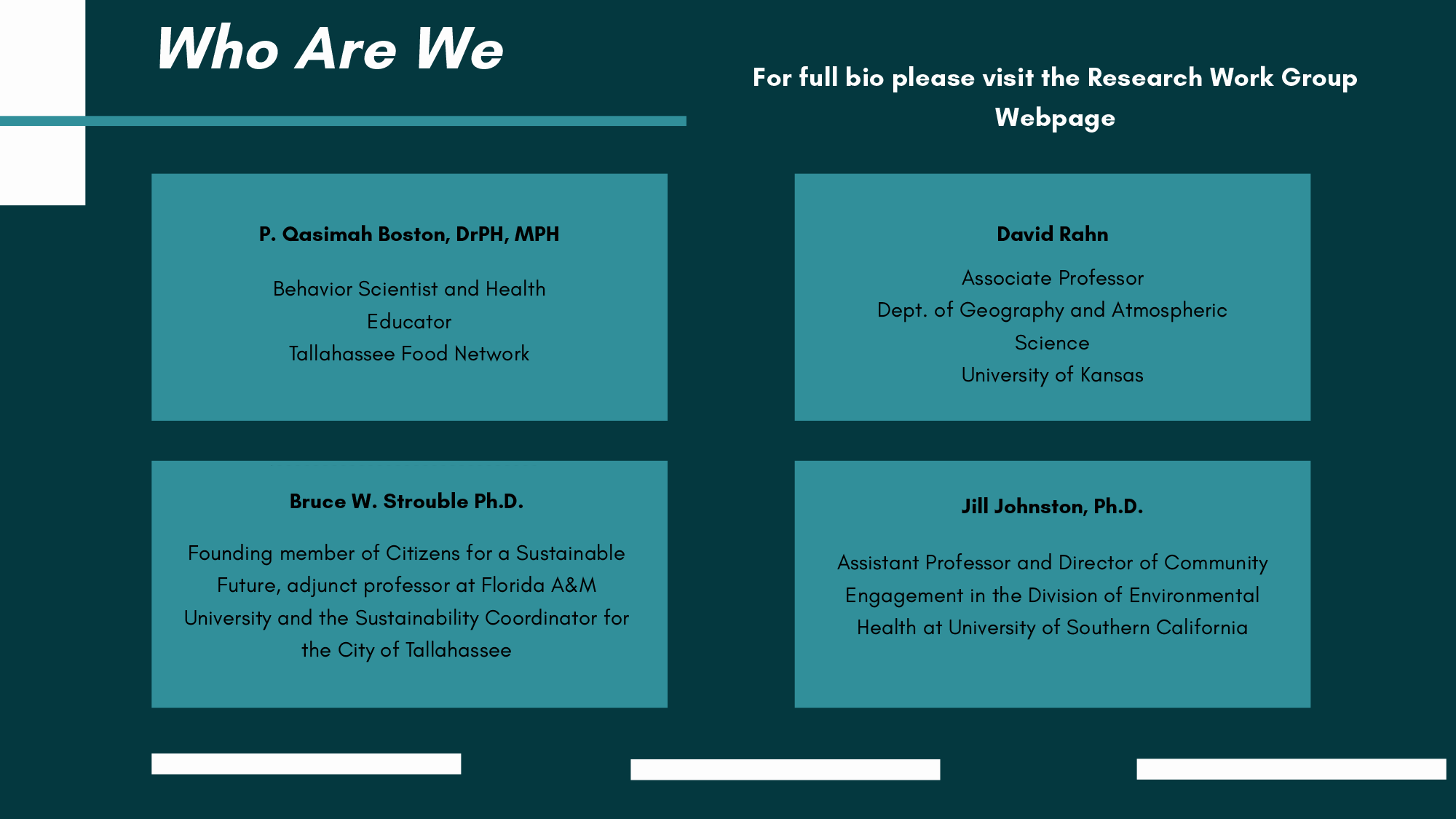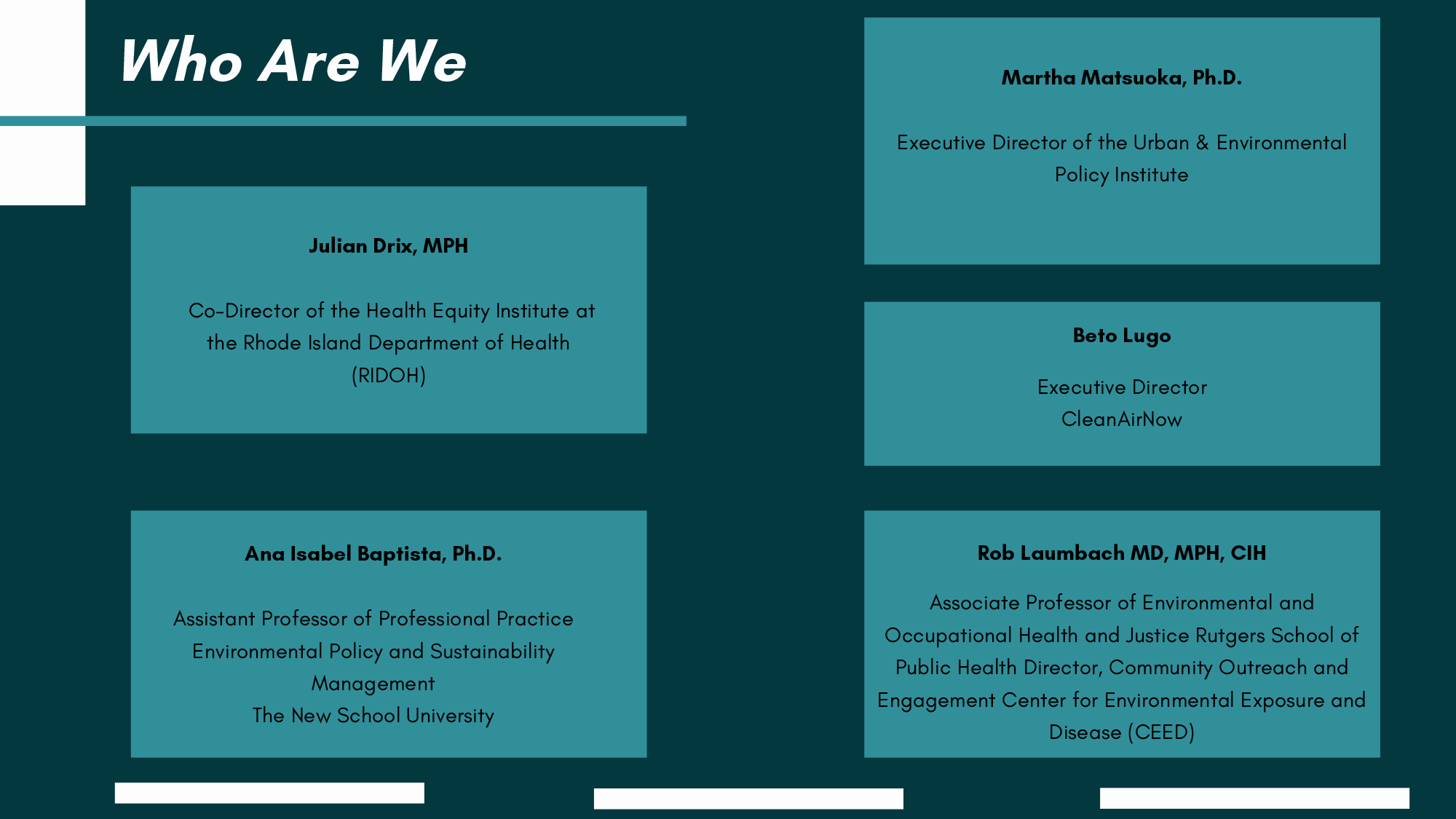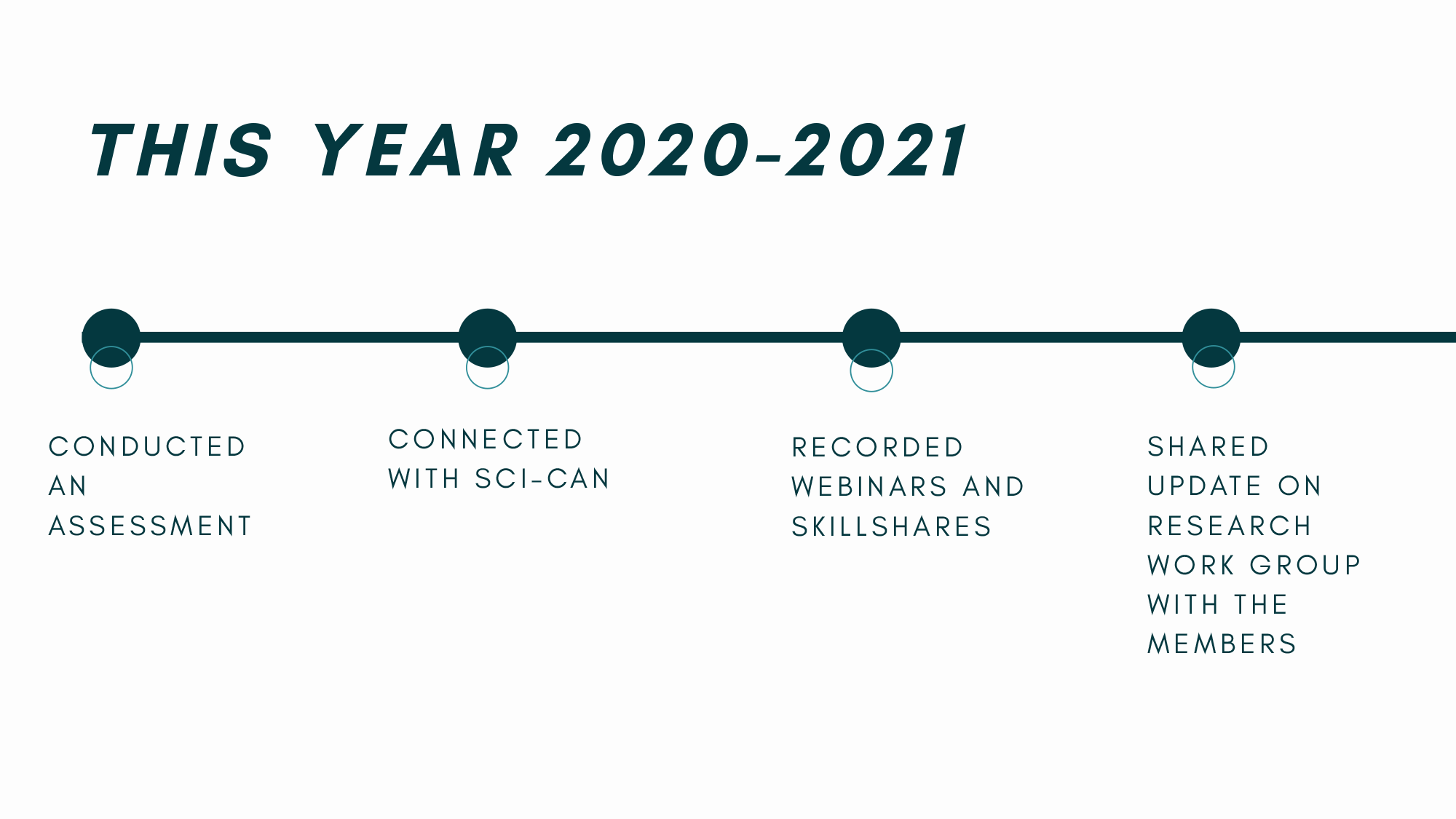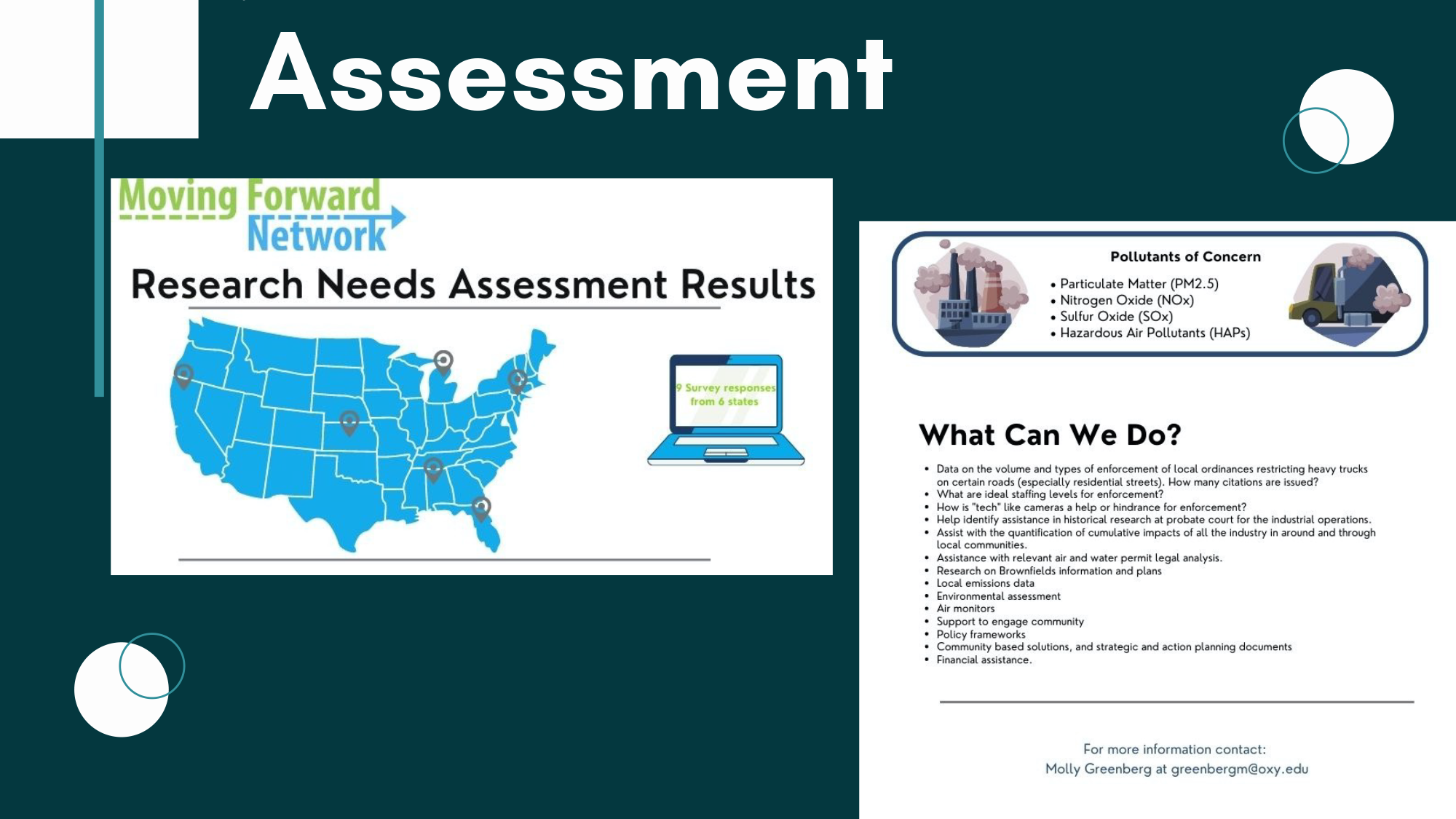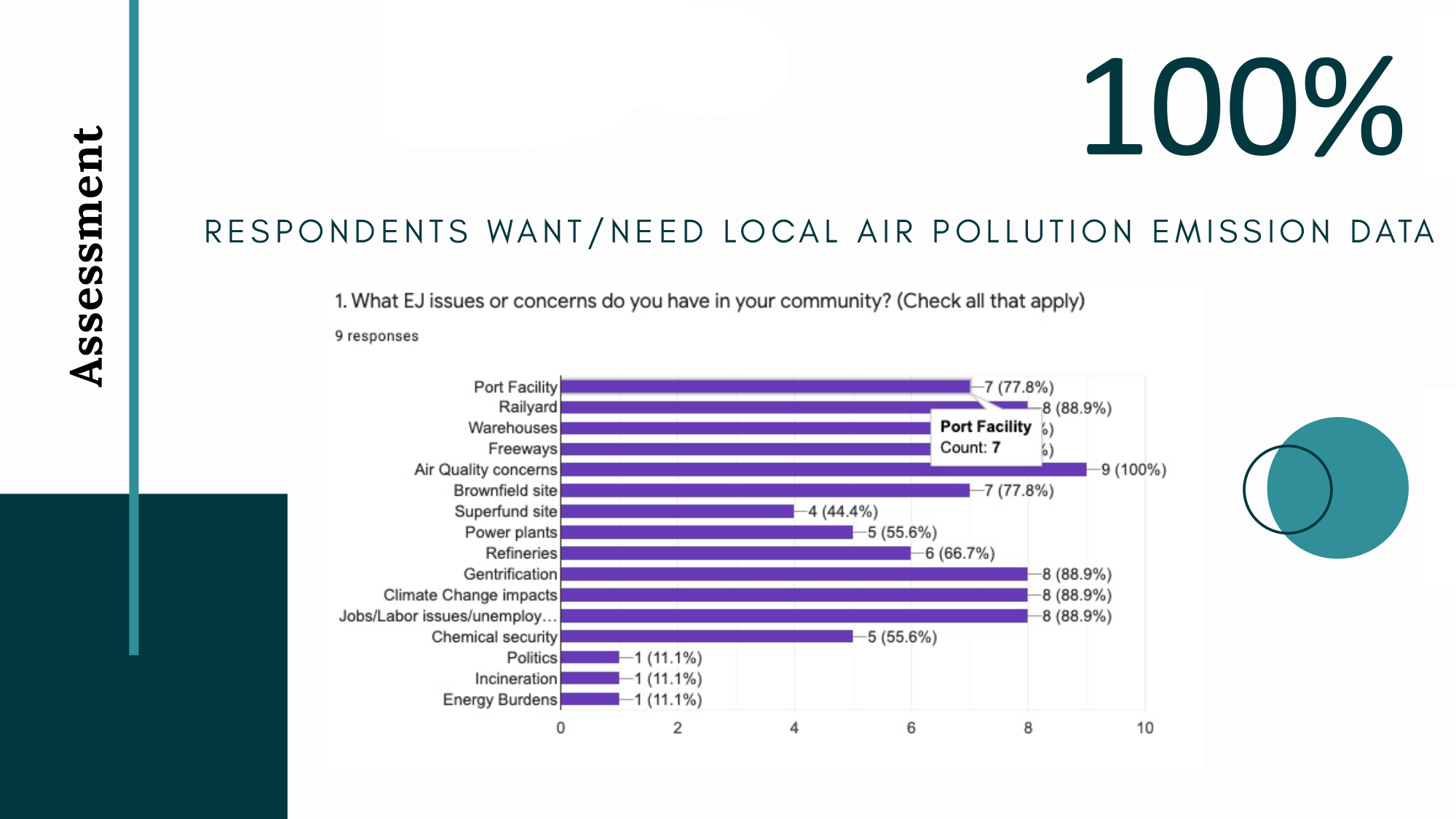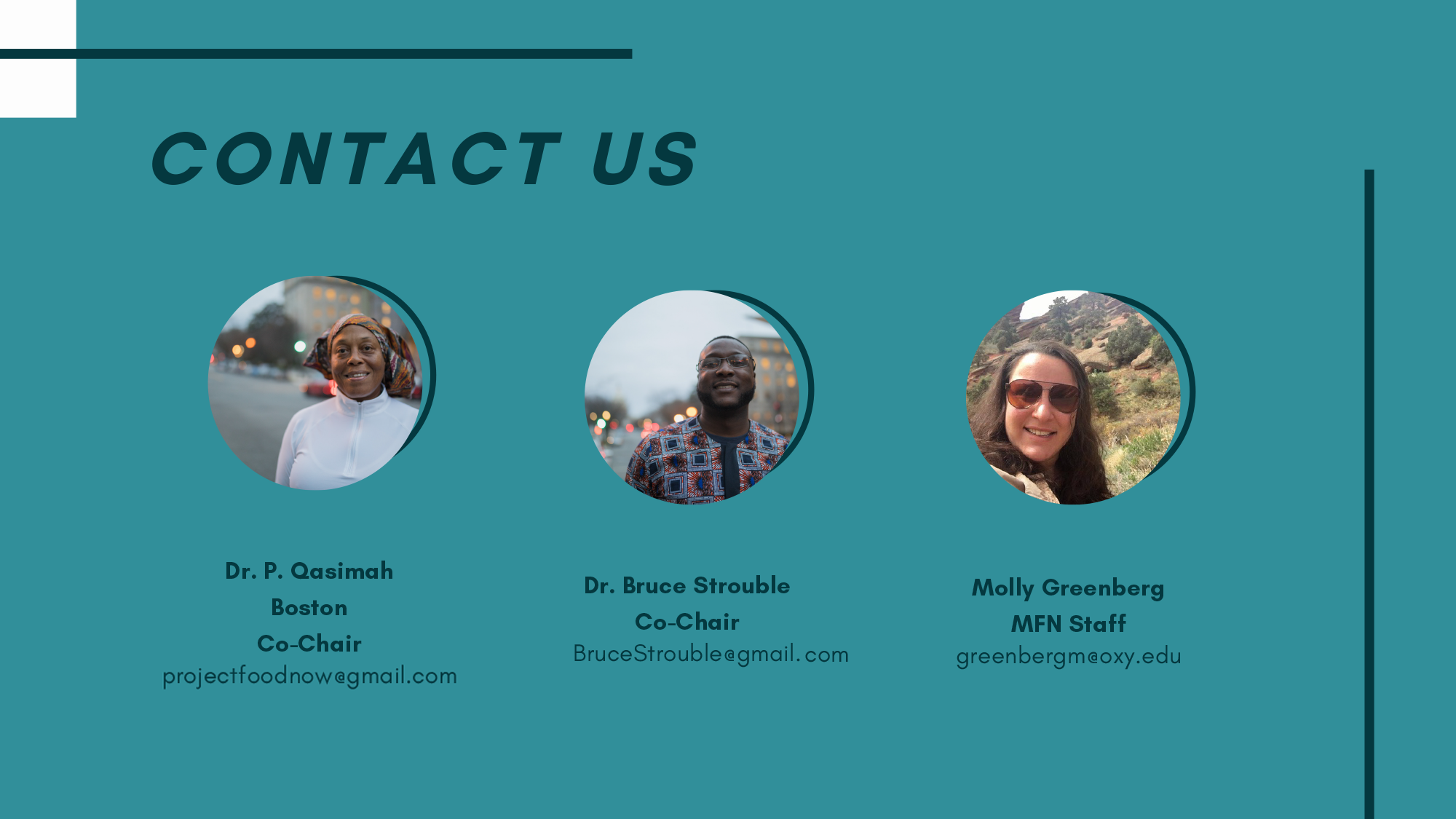Moving Forward Network's
Research Work GroupOur Purpose
The research team is a collaboration of air quality, climate change, public health, and policy experts dedicated to addressing health disparities related to air pollution exposure and climate change through community-based research partnership focused on socially and policy-relevant questions.
How We Work
We view community-based research as an equality partnership and believe in the principle of “research by us, for us”. We put relationship-building, equity, diversity, and inclusion at the center of how we work. We strive to engage in research and promote outcomes that help to address the impacts of structural racism and other sources of social and environmental injustices. We practice this by prioritizing listening, humility and transparency in our processes and by honoring the lived experiences of BIPOC people living in frontline communities. Finally, we believe that research questions should emerge from direct dialogue with affected communities, research models and methods should be shared with community partners for feedback at the outset of a project, and that raw data and research results should shared openly and freely with community partners and the public. We engage in projects as funding is available and strongly leverage any funding support with university-funded expertise.
Our Work and Expertise Includes:

Air Quality Modeling

Health Benefits Assessment
Analysis of the impact of changing emissions and air quality on health outcomes from neighborhoods and nations. In addition to quantifying standard outcomes for adults, we bring added expertise in children’s health and a focus on respiratory health.

Equity Analysis
Research team members have been academic leaders in characterizing the inequality of air pollution exposure by racial identity, education attainment and income; and in developing methods for equity analysis based on changes in the inequality of exposure and health outcomes under different policy scenarios.

Community & Policy Engagement
The research work group is specifically interested in conducting research that includes affected communities as partners and has direct relevance to policy advocacy and decision-making. For that reason, our team includes an engagement specialist to develop and tend to the partnerships that are essential to this work.

Science Communication
We value translating and sharing results as widely as possible to ensure access and impact. To that end, we tap communication experts to develop and implement a comprehensive communication strategy in partnership with other…

Tools for Community Research
The research work group aims to connect our frontline members with resources and tools that will support their local organizing and advocacy. Among these tools/resources is access to community benefits agreements, Sci-Can, skillshares on data collection, air monitoring, EPA’s EJ SCREEN etc., and templates and expertise for participating in community science projects including community based participatory research tools.
Who We Are
We are a team of public health, air quality, health scientists, and engagement specialists that collaborates on policy and socially relevant research related to air quality, climate change, and a. We work as individuals, in subgroups, or as a full group as called for by each project.
Dr. P. Qasimah Boston
Research Work Group Co-chair
My name is Dr. P. Qasimah Boston, I am an activist with expertise in global public health. I have always been inquisitive about the strengths, assets and the power of various cultures especially related to health and wellness since I grew up in an international environment, Boston, Massachusetts. These questions have been at the foundation of my research endeavors as a way to derive facts, put them into action and to help engage diverse communities to participate in activities that ultimately improve quality of life. My research is important to the field of public health and to humanity because my aim to comprehend health disparities and health inequities is for the implementation of solutions, practices, empowerment strategies that end health disparities and health inequity. I have worked with and have been funded by organizations, national, state, city, hospital, academic and global partners to examine food insecurity, environmental injustice, mental health, stress, obesity, COVID-19, zero emissions, health assessments, underaged drinking, violence, community engagement, blood pressure and other topics. I am a mixed methodologist with experience in logistic regression, community based participatory research, participatory action research, photovoice, digital storytelling, participatory evaluation, expert panel review processes and have mentored doctorate level students in that respect.
Bruce W. Strouble Ph.D.
Research Work Group Co-chair
Bruce W. Strouble Ph.D. is a professional sustainability advocate and anti-racism educator and researcher residing in Tallahassee, Florida. Much of Dr. Strouble’s work has focused on pursuing environmental justice and improving political participation in African American communities. He currently works as an adjunct professor at Florida A&M University and currently serves as the Sustainability Coordinator for the City of Tallahassee. He is a founding member of Citizens for a Sustainable Future, a Fellow at the Institute for the Polarities of Democracy, a Senior Fellow of the National Environmental Leadership Program, and also serves on the Board of Directors for the Capital City Chamber of Commerce, Rethink Energy Florida and the Advisory Board of the Moving Forward Network. Strouble’s belief that thriving democracy and community participation are the keys to developing sustainable African American communities has been a guiding premise in all his work.
Jill Johnston, PhD
Jill Johnston, PhD is an Assistant Professor and Director of Community Engagement in the Division of Environmental Health at University of Southern California. She is an exposure scientist and environmental epidemiologist with long-standing relationships with environmental justice communities. Her research focuses on addressing unequal exposures to harmful contaminants that affect the health of working poor and communities of color. She engages in collaborations with grassroots organizations to conduct community-engaged action-oriented research on environmental health disparities. She has fostered strong partnerships and trust with local and regional organizations to build innovative community engagement and participatory research activities on environmental health and science. Dr. Johnston received her PhD in environmental sciences and engineering from the University of North Carolina at Chapel Hill, where she studied hazardous waste sites and industrial animal production.
David Rahn
I am an atmospheric scientist that studies the physical environment looking at both small scale processes such as the distribution of surface temperature over urban areas (the urban heat island) to large scale processes such as shifts of wind patterns at the end of the century that are related to a changing climate. The urban heat island is related to heat stress and can change the atmospheric stability, which influences how much pollution is trapped near the surface. Both of these meteorological features affect public health. I explore these topics through observations (including several field campaigns that involved aircraft and weather balloon measurements) in conjunction with numerical weather simulations.
Rob Laumbach
Rob Laumbach MD, MPH, CIH is a physician-scientist who works closely with communities to improve every-day environmental health conditions. His work has focused on air and drinking water quality in environmental justice communities in New Jersey. Over the past decade, Rob has worked with partners in the Coalition for Healthy Ports to evaluate and reduce the health impacts of diesel air pollution in port-adjacent communities. Rob assists community members in measuring and assessing local air quality and in interpreting and applying air pollution health research to help to solve the real-world environmental problems faced by their communities. He also assists community stakeholders in accessing the scientific and academic resources of Rutgers University, promoting bidirectional communication and partnerships between communities and researchers.
Julian Drix
Julian received a Master of Public Health (MPH) and a Certificate in Environmental and Occupational Health at Johns Hopkins Bloomberg School of Public Health, through a fellowship with the Bloomberg American Health Initiative. His graduate research work focused on assessing health impacts of the Port of Providence. Julian was a fellow with the Kresge Foundation’s Emerging Leader in Public Health Initiative and was recognized by the deBeaumont Foundation in the inaugural national list of “40 Under 40 in Public Health.” He is a member of the American Public Health Association (APHA) Environment Section’s Environmental Justice committee and co-authored APHA’s Environmental Justice Policy.
Ana Isabel Baptista, Ph.D.
Ana is an Assistant Professor of Professional Practice in the Environmental Policy and Sustainability Management graduate program at The New School University. She also serves as the Co-Director of the Tishman Environment and Design Center at The New School. Prior to The New School she served as the Director of Environmental Justice and Community Development at the Ironbound Community Corporation, in her hometown of Newark, NJ. Ana’s professional practice is focused on advancing environmental justice through collaborative work with communities on issues ranging from cumulative impacts, air pollution, local planning tools and zero waste systems. Her current practice includes research on the equity implications of state level climate and energy policies and the launch of a national environmental justice movement fellowship for EJ activists housed at the Tishman Center. Ana serves on the 4th New York City Panel on Climate Change as well as the Board of Trustees for the New Jersey Environmental Justice Alliance, Ironbound Community Corporation, Global Alliance for Incinerator Alternatives (GAIA) and the Victoria Foundation.
Martha Matsuoka
Executive Director of the Urban & Environmental Policy Institute
Research Work Group
Slideshow PresentationUse the arrows on the image slideshow to move through the presentation.

